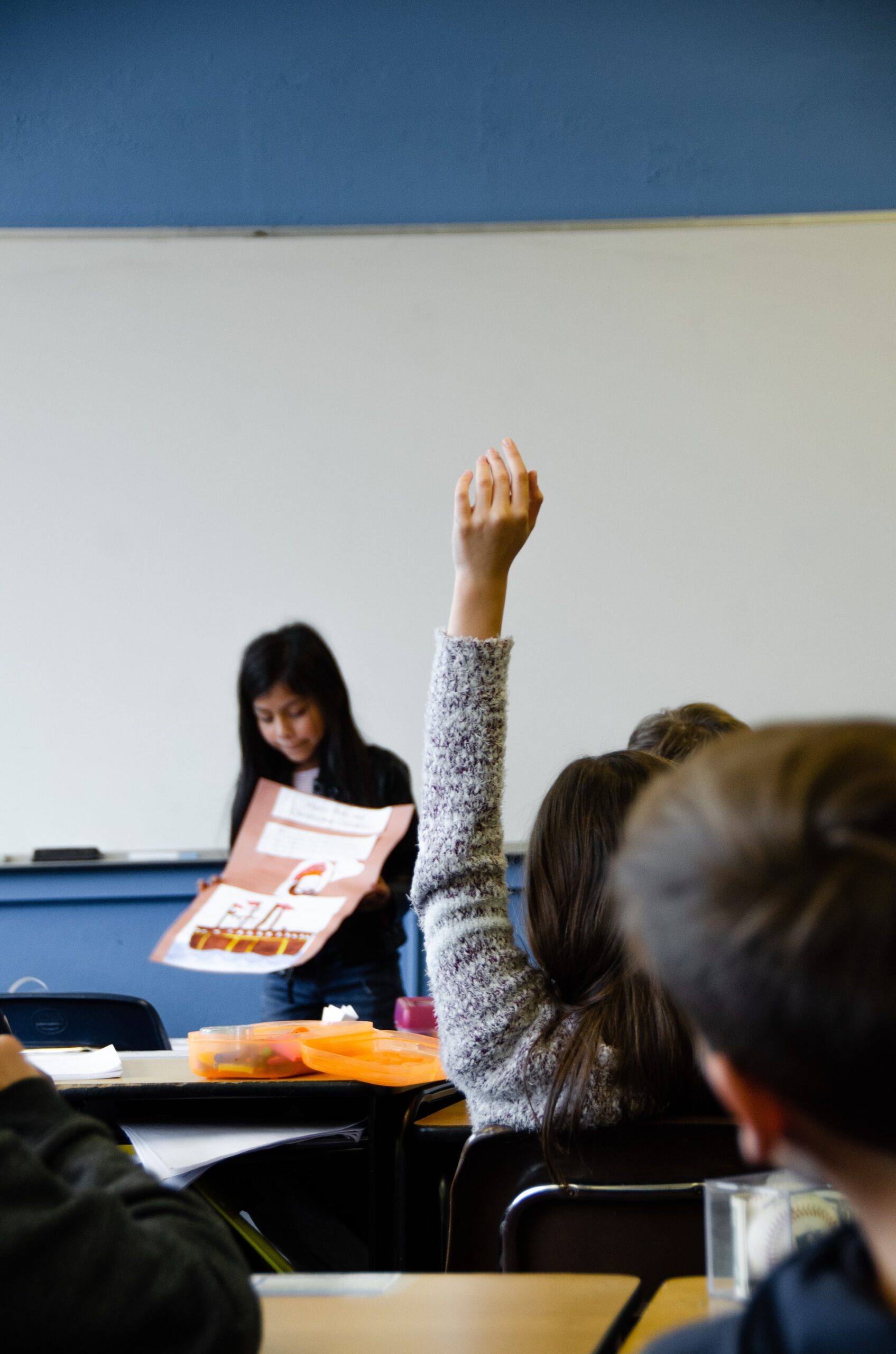
We are a reader-supported education publication. When you buy through links on our site, we may earn an affiliate commission to help us keep providing content.
Wonder stems from admiration and surprise with something unfamiliar or unexpected. A child often wonders about the world around them as they grow and learn. So, why is wonder in education important? Wonder and curiosity go hand in hand and are essential to a child’s growth. Without wonder, there would be no questions or interest. So, how do we bring wonder back into the classroom?
What Is Wonder?
Wonder is an emotion that elicits meaningful pauses about the world around you. Wonder is often discussed in children since they are filled with curiosity as they experience things for the first time. Sadly, adults tend to lose their sense of wonder as they age. We can regain our sense of wonder by slowing down and essentially stopping to smell the roses.
Become entranced with the world around you again and marvel at the beauty of the simplest things. Take a new approach to something and flip the script. Try looking at things from a different perspective or immerse yourself in literary works that spark your curiosity and, in essence, your wonder.
Bringing Wonder Back
Wonder-based teaching emphasizes the importance of wonder in education. Bringing wonder into education is essential to children’s discovery and critical thinking. The wonder-based education approach focuses on children’s rhythms, natural interests and passions. It helps teachers delve deeper into their understanding of children’s interactions and discoveries.
There are many ways we can bring wonder back into education without these teachings. Encourage big ideas and curiosity in your students. If you don’t know the answer to their questions, be curious and seek solutions as a team. Promote play in kids of all ages, allowing them to create wonder. Facilitate field trips in middle school since older kids don’t get play time at recess. Urge students to make things simply because they interest them.
Intriguing topics can spark a natural curiosity in kids they didn’t know existed. Ask questions and encourage kids to do the same. Often, students are reluctant to ask questions for fear of embarrassment or judgment by other students. Try to eliminate that as much as possible in your classroom. Create opportunities where your students must ask questions and integrate their choice of projects and themes into their learning process.
Teaching Wondrous Students
Teachers that encourage children to wonder are a vital part of the growth and development of education. Questions flow from wonder and entice children to learn more about a subject. Isn’t that one of the primary jobs of an educator? Why is wonder important, and what does it do for kids? Kids are naturally curious and wonder about many things.
Teachers should harness this sense of wonder and use it to their advantage. Curiosity creates room for growth, ideas and creativity in children and makes them want to comprehend what we are teaching them. When you nurture children’s ideologies, they are more likely to push further and step outside of their comfort zones seeking answers.
Answers to some questions can lead to more questions about other things and the cycle continues. This is how they learn and grow. Wonder in education helps kids connect with the world beyond textbooks and helps them grasp the concept they are trying to learn.
Sense of Wonder
Use tools to inspire curiosity and reflection in students to make them question the world in its entirety. Be compassionate with students and their learning journey–there is no right or wrong question regarding education. Be present and help your students be mindful of their surroundings to spark their wonder in education and keep it ignited for as long as they’ll let you.






